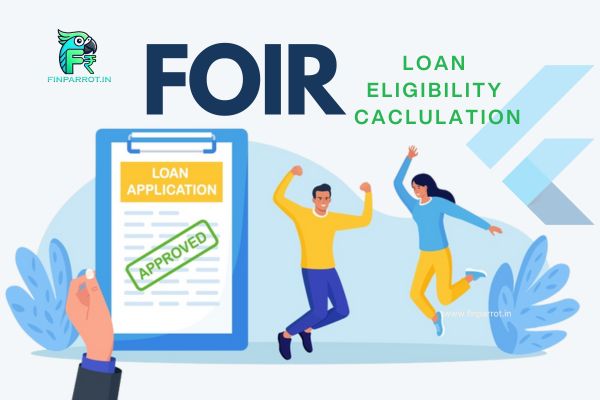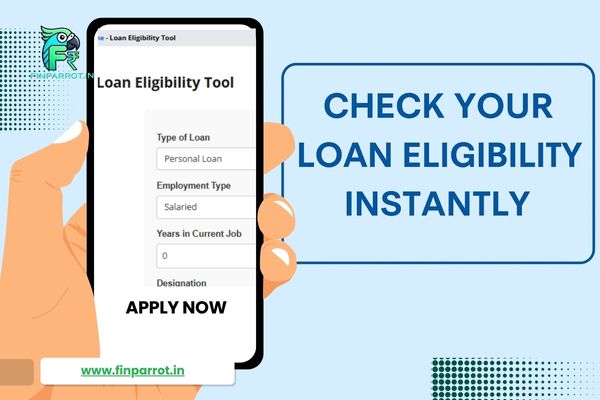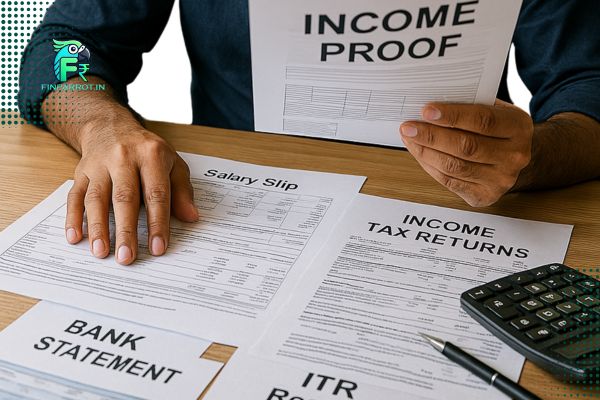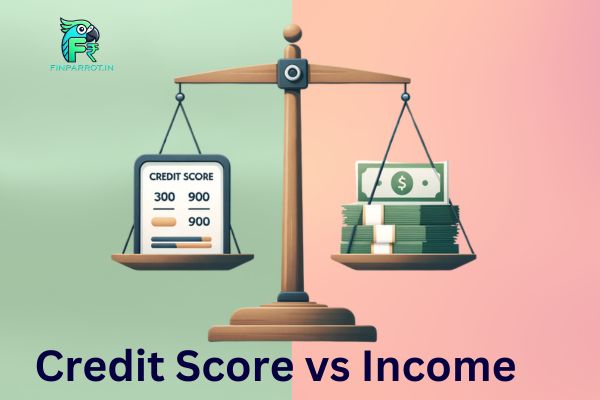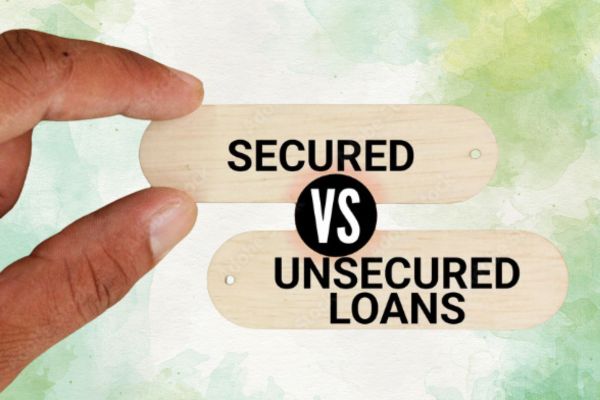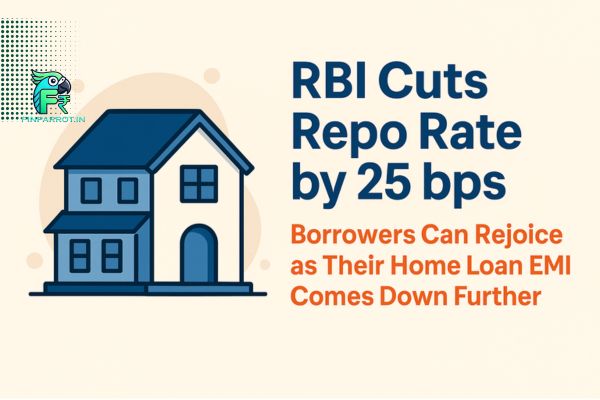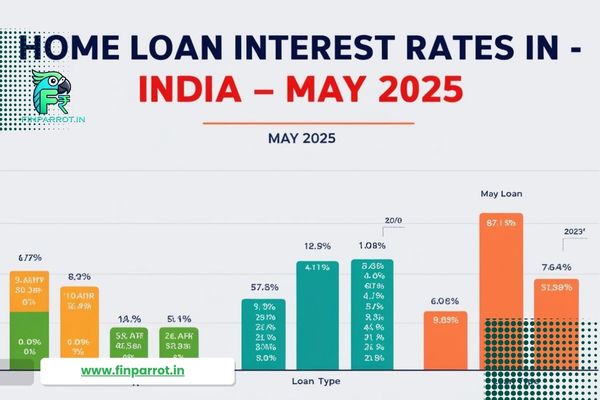Introduction
Have you ever wondered why some people easily get loan approvals while others keep facing rejection—even with a good CIBIL score? Well, there’s a hidden factor that lenders quietly use to judge your loan eligibility: FOIR (Fixed Obligation to Income Ratio).
Most borrowers don’t even know about FOIR, but banks and NBFCs rely on it more than CIBIL scores! It’s the reason why two people with the same credit score might get completely different loan offers.
In this guide, we’ll uncover what FOIR is, how it impacts your loan eligibility, why banks don’t openly discuss it, and how you can optimize it to get the best loan offers.
What is FOIR and Why Does It Matter?
FOIR stands for Fixed Obligation to Income Ratio, and it represents the percentage of your monthly income already committed to fixed expenses.
Think of it this way: Banks want to know how much of your income is already being used to pay for existing financial commitments. The lower your FOIR, the more comfortable banks feel about lending you money.
Expenses That Count in FOIR Calculation
✅ Existing Loan EMIs (home loan, personal loan, car loan, education loan, etc.)
✅ Credit Card Minimum Payments
✅ Insurance Premiums (Life, Health, or any other fixed monthly insurance)
✅ House Rent (For unsecured loans, some banks include this in FOIR calculations)
✅ Other Regular Fixed Expenses (Such as contractual childcare expenses, if applicable)
Some lenders only count loans and credit cards, while others consider additional fixed expenses like rent and insurance.
How Banks Use FOIR to Approve or Reject Loans
Lenders set specific FOIR limits for different loan types. Here’s a rough estimate of what’s considered “acceptable” FOIR across different loan categories:
| Loan Type | Typical FOIR Limit |
| Home Loans | 65% – 75% |
| Car Loans | 60% – 70% |
| Personal Loans | 50% – 60% |
| Business Loans | 55% – 65% |
| Credit Cards | 50% – 60% |
What Happens If Your FOIR is Too High?
🔴 Loan Rejection: If your FOIR crosses the lender’s acceptable limit, they will reject your application—even if you have a 750+ CIBIL score!
🔴 Higher Interest Rate: If approved, banks might charge a higher interest rate due to “higher risk.”
🔴 Lower Loan Sanction Amount: Lenders may reduce the loan amount you qualify for based on your FOIR.
How to Calculate Your FOIR?
Calculating your FOIR is easy!
FOIR Formula:
FOIR=(Total Fixed ObligationsNet Monthly Income)×100FOIR = \left(\frac{\text{Total Fixed Obligations}}{\text{Net Monthly Income}}\right) \times 100
Example Calculation:
Let’s assume:
✅ Your Net Monthly Income (NMI) = ₹1,00,000
✅ Your Existing Loan EMIs = ₹20,000
👉 Maximum Allowable FOIR (for a personal loan at 60%) = ₹1,00,000 × 0.60 = ₹60,000
👉 Eligible Loan EMI = ₹60,000 – ₹20,000 = ₹40,000
Now, Let’s Factor in a Loan Offer – SAMMAN CAPITAL LOAN ELIBILITY CALCULATOR
If a bank offers you a loan of ₹50 lakh at 9% interest for 20 years, the EMI will be ₹44,986.
✅ Your New FOIR = ₹64,986 / ₹1,00,000 = 64.98%
👉 If the bank’s limit is 65%, you might get approved! But if the limit is 60%, they might reduce the loan amount or reject the application.
FOIR vs. CIBIL Score: What Matters More?
While CIBIL scores help lenders understand your creditworthiness, FOIR determines whether you can afford a new loan.
| Factor | FOIR | CIBIL Score |
| Measures Debt-to-Income Ratio | ✅ Yes | ❌ No |
| Affects Loan Eligibility | ✅ Yes | ✅ Yes |
| Decides Loan Amount | ✅ Yes | ❌ No |
| Impacts Interest Rate | ✅ Yes | ✅ Yes |
| Easy to Improve Quickly | ✅ Yes | ❌ No (Takes Time) |
📌 Even with a CIBIL score of 800, a high FOIR can lead to rejection!
How to Reduce FOIR & Increase Loan Approval Chances
Want to improve your FOIR before applying for a loan? Here’s how:
✅ 1. Close Small Loans First
Paying off credit card dues or short-term loans before applying for a big loan will immediately lower your FOIR and improve approval chances.
✅ 2. Increase Your Income Sources
If you have additional sources of income (freelancing, rental income, or side business), show proof of that income to increase your eligibility.
✅ 3. Choose a Longer Loan Tenure
A longer tenure reduces your EMI, which directly lowers your FOIR. But be careful—this increases total interest paid.
✅ 4. Apply for a Joint Loan
Adding a co-applicant (spouse or family member) can increase total eligible income, lowering your FOIR.
✅ 5. Check Pre-Approved Loan Offers
Many banks offer pre-approved loans based on your existing banking relationship and salary credits. These offers may have relaxed FOIR limits compared to fresh applications.
FAQ’s
What is TVS Credit Service’s used car loan eligibility?
TVS Credit offers used car loans with LTV exceeding 125%, covering not just the car’s value but also additional costs like insurance and registration. Eligibility depends on factors like age (21-65 years), stable income, and a minimum CIBIL score of 700. Both salaried and self-employed individuals can apply.
PMEGP Loan Eligibility?
- Age: Minimum 18 years (25 years for larger projects).
- Business Type: Only for new businesses (existing ones not eligible).
- Education: 8th pass required for loans above ₹10L (manufacturing) & ₹5L (service).
- Loan Amount: Up to ₹50L (manufacturing) & ₹20L (service).
- Subsidy: 15%-35% based on category & location.
Final Thoughts
Mastering FOIR for Better Loan Offers
FOIR isn’t just another number—it’s a secret weapon banks use to approve, reject, or modify your loan offer. Understanding how FOIR works and optimizing it before applying can:
✔️ Increase your loan approval chances
✔️ Get lower interest rates
✔️ Help you qualify for a higher loan amount
Before applying for any loan, calculate your FOIR, close unnecessary debts, and compare different lenders to find the best loan offer that matches your financial situation.
Got questions about FOIR or loan eligibility? Drop a comment below!
Most Read Topics
Secured vs Unsecured Loan | ₹4 Cr Loan Against Property Approved | Salaried vs Self employed Loan Eligibility
